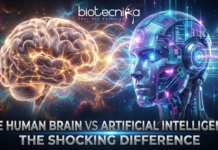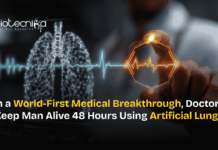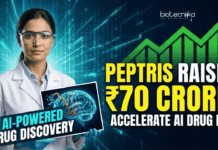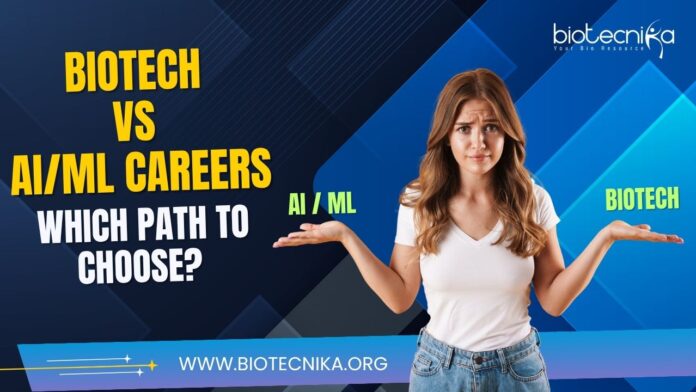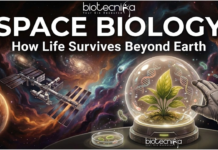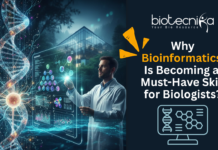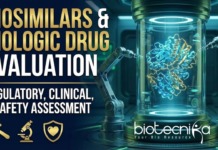Biotech R&D vs AI/ML Careers
In today’s rapidly evolving job market, two of the most exciting and promising career paths are Biotech Research and Development (R&D) and Artificial Intelligence (AI) / Machine Learning (ML). Biotechnology R&D and AI/ML fields are at the forefront of innovation and offer tremendous opportunities, but they differ significantly in their focus, skill requirements, work environment, and future prospects. For students, professionals, researchers, or career changers, choosing between Biotech R&D vs AI/ML careers can be a daunting decision.
This article will explore both career paths in detail, comparing their nature, opportunities, challenges, and ideal candidates, helping you decide Biotech R&D vs AI/ML careers which path might be the right fit for you.
Understanding Biotech R&D Careers
What is Biotech R&D?
Biotechnology Research and Development focuses on harnessing Biological systems, organisms, or derivatives to develop new products and technologies. This can include everything from Drug Discovery and Genetic Engineering to Agricultural Improvements and Environmental solutions.
Biotech R&D professionals work in labs experimenting with DNA, proteins, cells, and microbes. They design and perform experiments, analyze data, and develop prototypes for new therapies, diagnostics, or bio-based products. It’s main focus is turning research discoveries into tangible solutions that improve human health, agriculture, the pharmaceutical industry, or the environment.
Typical Roles in Biotech R&D
- Research Scientists: Conduct experiments to understand biological processes or develop new bio-products.
- Molecular Biologist: Works mainly with DNA, RNA, and proteins to develop gene therapies or diagnostic tools.
- Bioinformatics Scientist: Uses computational tools to analyze biological data such as genomes or proteomes.
- Clinical Researcher: Works on testing new drugs or treatments in clinical trials.
- Process Development Scientist: Designs scalable methods for producing biotech products in industry.
Skills Required for Biotech R&D
- Strong foundation in Biology, Chemistry, and Life Science-related fields.
- Laboratory skills, including cell culture, PCR, chromatography, etc.
- Data analysis using software like R, Python, or specialized Bioinformatics tools.
- Critical thinking and problem-solving ability.
- Patience and perseverance are required for experimental work that often involves trial and error.
Work Environment and Career Progression
Biotech R&D professionals often work in labs within pharmaceutical companies, academic institutions, government research centers, or Biotech startups. Work can be very hands-on and may require long hours to meet project deadlines or troubleshoot experiments.
Career growth typically involves moving from junior scientist roles to senior research positions, project leadership, or management, and sometimes a transition into regulatory affairs, patent law, or scientific communication.
Understanding Artificial Intelligence and Machine Learning Careers
What is AI and Machine Learning?
Artificial Intelligence and Machine Learning are branches of Computer Science focused on creating systems that can learn from data and make decisions or predictions. Artificial Intelligence covers a wide range of technologies, such as natural language processing, computer vision, robotics, and expert systems. Machine Learning specifically refers to algorithms that improve automatically through experience.
Artificial Intelligence (AI) and Machine Learning (ML) are branches of computer science focused on creating systems that can learn from data and make decisions or predictions. AI covers a broad range of technologies, such as natural language processing, computer vision, robotics, and expert systems. Machine Learning refers explicitly to algorithms that improve automatically through experience.
AI/ML careers involve developing, training, and deploying models that enable computers to perform tasks such as speech recognition, image classification, recommendation systems, and autonomous driving.
Typical Roles in AI/ML
- Data Scientist: They analyze big datasets to extract insights as well as build predictive models
- Machine Learning Engineer: Designs and implements ML algorithms into production systems.
- AI Researcher: Develops new algorithms and advances Artificial Intelligence theory.
- Computer Vision Engineer: They work on image and video analysis using Artificial Intelligence.
- NLP Engineer: Specializes in enabling computers to understand human language.
Skills Required for AI/ML
- Strong foundation in mathematics, especially statistics, linear algebra, and calculus.
- Proficient in programming languages such as Python, R, Java, or C++
- Familiarity with Machine learning frameworks such as TensorFlow, PyTorch, or Scikit-learn.
- Understanding of Algorithms, Data Structures, and Software Engineering.
- Ability to preprocess and clean large datasets.
- Creativity to design novel solutions and models.
Work Environment and Career Progression
AI/ML professionals work in tech companies, startups, finance, healthcare, automotive, and many other industries. They often collaborate with software engineers, product managers, and domain experts to integrate AI into products and services.
Career progression includes roles such as senior machine learning engineer, Artificial intelligence architect, data scientist, manager, or research scientist. Artificial intelligence and Machine learning skills are highly transferable across industries, offering broad job flexibility.
Comparing Biotech Research Development and Artificial Intelligence and Machine Learning Careers
Educational Background and Entry Requirements
- Biotechnology and R&D generally require a degree in Biology, Biotechnology, Biochemistry, or a related field. Advanced roles often require an M.Sc.
- Biotech R&D generally requires a degree in biology, biotechnology, biochemistry, or related fields. Advanced roles often need a master’s or PhD due to the specialized knowledge and lab skills required.
- AI/ML careers usually require a background in Computer Science, Mathematics, or Engineering. Higher education, such as a master’s or PhD, is common but not always mandatory if you have strong coding skills and practical experience.
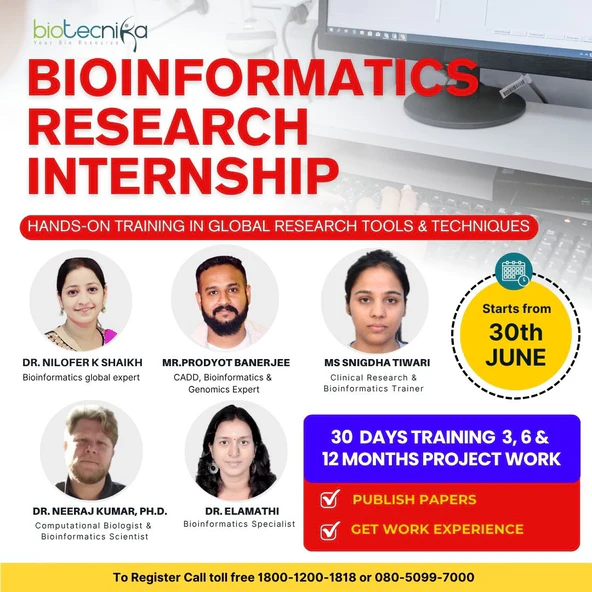
OFFLINE/ONLINE |Get hands-on Training | Work in Projects | Publish Papers | Get Work Experience Letter
Options: 30 Days, 3, 6 & 12 Months Duration
Skillset and Work Nature
- Biotechnology and research and development are heavily experimental and lab-based, involving hands-on biological experiments and wet-lab work.
- AI/ML is computer-based and involves programming, algorithm design, and data manipulation.
Innovation and Impact
- Biotechnology and Research Development innovations directly impact human health, agriculture, and the environment. Breakthroughs like new vaccines or gene therapies can save millions of lives.
- AI/ML innovations impact various sectors, from healthcare diagnostics and autonomous vehicles to personalized marketing and fraud detection.
Job Market and Demand
- Biotechnology is a steadily growing industry with strong demand in Pharmaceuticals, Agriculture, and Environmental Biotechnology.
- AI/ML is one of the fastest-growing sectors globally, with increasing demand in tech, finance, healthcare, and more.
Salary and Job Stability
- AI/ML roles generally offer higher starting salaries due to the tech industry’s premium on programming and data skills.
- Biotechnology Research and Development salaries can be competitive but often depend on the sector (academic vs industry) and seniority.
- Both fields offer good long-term job stability due to the continuous innovation needs.
Challenges
- Biotechnology research and development often involves lengthy timelines, regulatory hurdles, and funding uncertainties.
- AI/ML professionals face rapidly evolving technologies, high competition, and the need for constant upskilling.
Who Should Choose?
- Choose Biotechnology R&D if you love Biology, enjoy lab work, and want to make long-term impacts in health, agriculture, or the environment.
- Choose AI/ML if you enjoy math, coding, and working with data, thrive in fast-paced tech environments, and want a versatile career building intelligent, automated systems across industries.
Hybrid Opportunities: Biotech Meets AI/ML
The line between Biology and AI/ML careers is increasingly blurring. Bioinformatics, Computational Biology, and AI-driven Drug Discovery combine both fields. These hybrid roles require understanding Biology and strong Computational skills.
Examples include:
- Using ML to analyze genomic data for disease research.
- AI algorithms for predicting protein structures.
- Machine learning models for personalized medicine.
- Automating lab experiments with robotics and AI.
If you have interests in both Biology and AI, pursuing a career in Computational Biology or Bioinformatics could be the ideal middle path.
Steps to Prepare for Each Career
For Biotech R&D
- Obtain a bachelor’s degree in Biology, Biotechnology, or a related field.
- Gain hands-on lab experience through internships or research projects.
- Learn basic data analysis and programming skills (Python or R).
- Consider advanced degrees for research scientist roles.
- Stay up-to-date on Biotech trends, regulatory standards, and new technologies.
For AI/ML
- Earn a degree in Computer Science, Mathematics, or Engineering.
- Master programming languages and ML frameworks.
- Work on projects or internships involving AI or data science.
- Build a portfolio of ML models or contribute to open-source AI projects.
Continuously learn new AI techniques and tools through online courses or certifications.
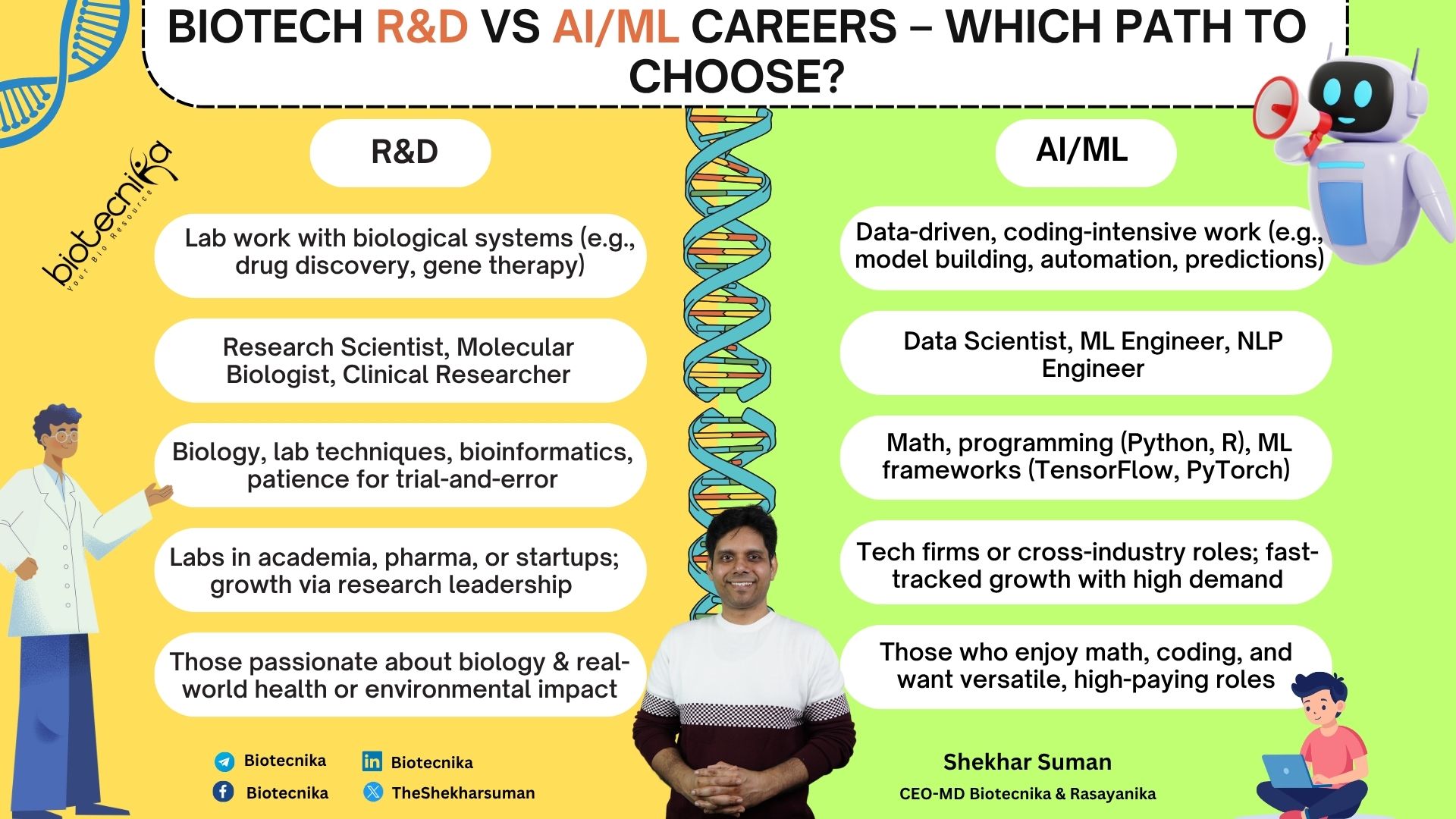
Conclusion: Biotech R&D vs AI/ML careers, Which Path is Right for You?
Choosing between Biotechnology R&D and AI/ML careers depends mainly on your personal interests, skills, and career goals.
- If you are fascinated by living organisms and want to traditionally do laboratory work, designing experiments, analyzing biological data, and developing new drugs, therapies, diagnostics, or Environmental Science, Biotechnology R&D is likely your calling.
- If you enjoy programming, mathematics, and building intelligent systems with broad applications, AI/ML offers exciting opportunities and high demand.
- For those passionate about both, exploring Bioinformatics or Computational Biology can blend the best of both worlds.
R&D and AI/ML both promise innovation, growth, and the chance to make meaningful contributions to society. It depends on your strengths. Explore internships or courses in both fields and choose the path that excites you most for a fulfilling career.


